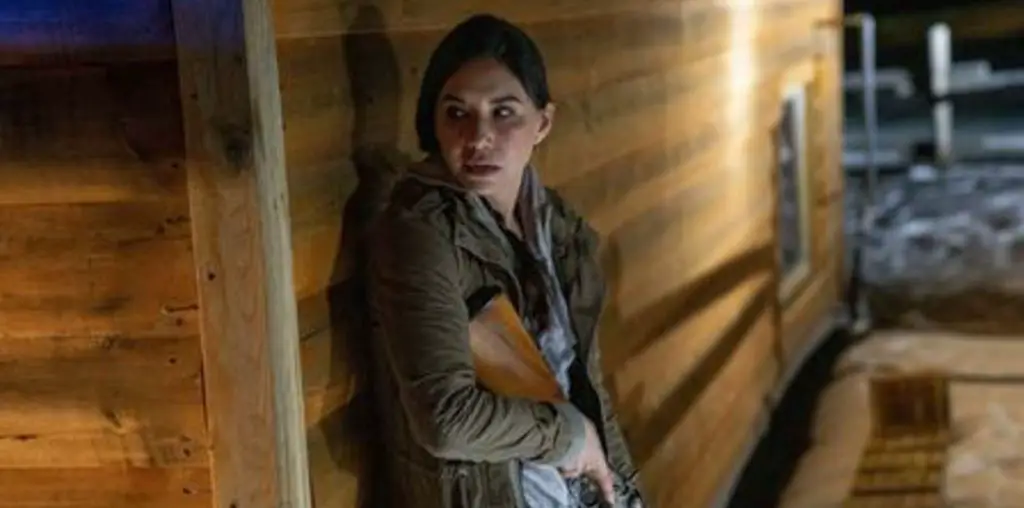
America and its artists are really always going to remember September 11th. And though many will not agree with the upcoming fad of dramatizations of that day, we will continue to see reflections of that day through thought-provoking films like “Sorry, Haters”. I prefer the latter, but some people would like to see a tragedy treated like a Bruckheimer film. Perhaps it’s selfish to say that I’m more annoyed by the high budget depictions of that day simply because I was personally involved. I live in New York, and I was supposed to have gone down town to a job interview that very day.
So, my near direct involvement notwithstanding, I just prefer an artists interpretation instead of an exploitative dramatization. In any case, though, “Sorry, Haters” is another very dark and utterly grueling parable involving the post-9/11 society and the effect it has as a microcosm for race for race relations. Race relations between individuals has changed in the face of post-9/11 America, whether or not we’re willing to admit it or face up to it, and the potential consequences for not staring demons, or our own battered psyches in the face can and will have dire consequences that are destructive on a more personal level. In the end, “Sorry, Haters” is an allegory for ourselves. Our inability to cope with the tragedy and acknowledge it as a true life changing event has and will lead to terrorism in our home soil, and if not resolved can be self-destructive.
We chronicle the effects the attacks had on the masses, the government, the economy, and the victims. But what about the people we heard nothing of? “Sorry, Haters” begins like every other low-budget indie. A woman lingers at an ATM, gets in to a cab driven by a Muslim man. The woman then sparks a conversation with the driver, and the film unfolds. We’re then thrust in to a film about two people whom in many ways reflect the gradually changing face of their own people; Phoebe, played by Wright Penn, is a smooth talking executive of an MTV-esque channel Q Dog, who brings the driver Ashade along with her to vandalize her ex-husband’s property, and she insinuates herself in to his life in spite of his obvious weariness towards her.
Ashade is not a confrontational man; he has his problems, but he finds himself entangled with this vapid shallow woman who then manipulates him to become a different person, one of Stanzler’s subtle implications to the war. But the film’s war of words and individuals from different societies, functions on an ever-evolving story that starts as a drama, and ends as a Hitchcockian thriller that will linger with audiences long after the film has ended. Stanzler’s film is not just a test of the two characters, but he also tinkers with the audience’s prejudices, and quite often. Wright Penn and Kechiche give strong performances (along with a very melancholy performance from Sandra Oh) and takes what could have been another standard indie and turns it in to a chaotic depiction of the shell shock of 9/11 on New Yorkers, and the domino effect it had everyone in New York.
